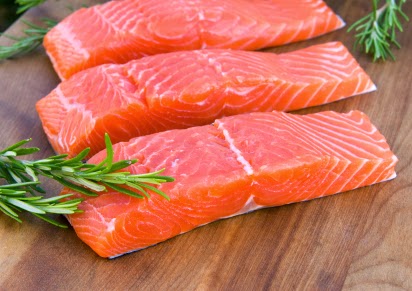The survey also found that cake is used as a tool to get what they want. One in eight have brought cakes into their office to get their way with their boss, while 11% of men have tried to win a woman's heart with a cake - compared to 7% of women.
It was also revealed that 9% of men are willing to give up sex for cake, compared to 16% of women, and a quarter would be willing to delete their Twitter and Facebook accounts and never watch their favorite TV show again... just for a slice of cake.
So which is really better for you? Cake or sex?
Well, cake contains (depending on the recipe): butter or margarine, sugar, eggs, milk, chocolate and flour... If you read this blog on a regular basis you will know I am not a fan of milk or sugar. Cow's milk is downright dangerous to health and sugar... well we all know the dangers of too much sugar in our diets. Eating sugar has exactly the same reaction in the brain to cocaine. Refined white flour has no nutritional value what so ever - neither does sugar. Anything that has been refined has been stripped of it's goodness first so it doesn't "give" you anything. Also refined carbs make you fat. Yes, it has been proven on many occasion that it isn't saturated fat that is making us fat but refined carbohydrates. Also eating too many carbs can cause insulin resistance and the onset of type II diabetes. Margarine is full of trans fats which are far more dangerous than natural fats. The butter and eggs are the least dangerous but when mixed with the refined flour and sugar, cause havoc on the digestive system. Dark natural chocolate isn't too bad either as long as it is organic.
 Now, the benefits of sex (here are just 7, but there are many more):
Now, the benefits of sex (here are just 7, but there are many more):- Helps keep your immune system working. People who have sex have higher levels of what defends your body against germs, viruses, and other intruders. Researchers at Wilkes University in Pennsylvania found that college students who had sex once or twice a week had higher levels of a certain antibody compared to students who had sex less often. Also, "Sexually active people take fewer sick days," says Yvonne K. Fulbright, PhD - a sexual health expert.
- Lowers your blood pressure. Research suggests a link between sex and lower blood pressure, says Joseph J. Pinzone, MD, CEO and medical director of Amai Wellness. "There have been many studies," he says. "One landmark study found that sexual intercourse specifically lowered systolic blood pressure."
- Sex is exercise. Sex uses about five calories per minute, four more calories than watching TV. It bumps up your heart rate and uses various muscles. Now this doesn't mean you don't need to do traditional exercise, but it definitely has added benefits.
- Lowers heart attack risk. A good sex life is good for your heart. Besides being a great way to raise your heart rate, sex helps keep your estrogen and testosterone levels in balance. In one study it was found that men who had sex at least twice a week were half as likely to die of heart disease as men who had sex rarely.
- Sex lessens pain. Try swapping painkillers for an orgasm! Stimulation without orgasm can also do the trick but "Orgasm can block pain," says Barry R. Komisaruk, PhD.
- Improves sleep. Most find it very easy to fall asleep after having sex. "After orgasm, the hormone prolactin is released, which is responsible for the feelings of relaxation and sleepiness after sex," says Sheenie Ambardar, MD, a psychiatrist in West Hollywood, California.
- Eases Stress. Being close to your partner can soothe stress and anxiety. Sex and intimacy can boost your self-esteem and happiness too, it's not only a prescription for a healthy life, but a happy one too!
I can help you improve your health. If you would like to make an appointment with me either in person or via Skype, just send me an email to lucycarr@socialnutrition.com




















